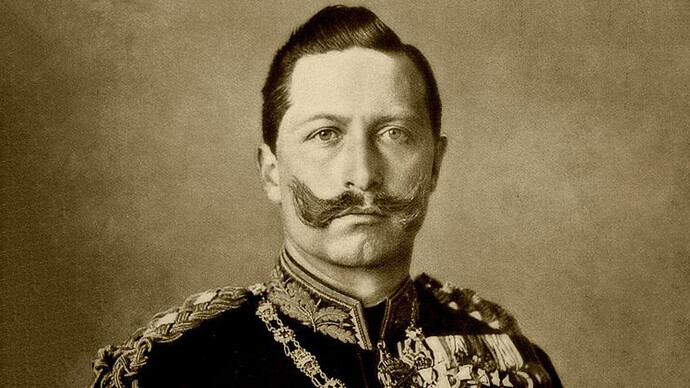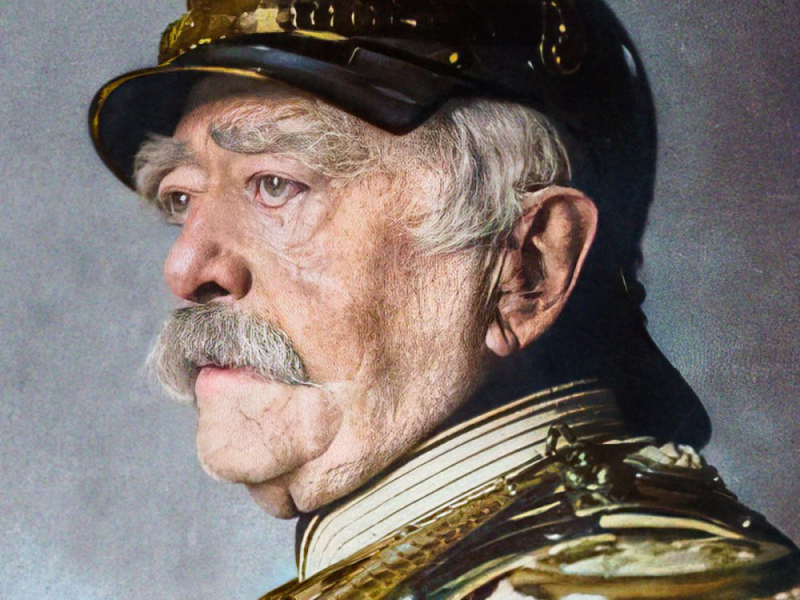Otto von Bismark
German statesman and diplomat Otto von Bismarck held conservative political views. From his beginnings as a member of the upper class of Junker landowners, Bismarck moved quickly through the ranks of Prussian politics, serving as the country's minister-president and foreign minister from 1862 until 1890. Prior to his promotion to the executive branch, he served in both houses of the Prussian Parliament and as the country's ambassador to France and Russia. He oversaw the unification of Germany in 1871 and presided over European affairs as the first Chancellor of the German Empire until 1890.
In addition to his duties in the Kingdom of Prussia, he had held the position of chancellor of the North German Confederation, the forerunner to the German Empire, from 1867 to 1871. In order to unite the numerous German nations, he worked alongside King Wilhelm I of Prussia; this collaboration would last the rest of Wilhelm's life. In 1865 and 1871, respectively, the King bestowed upon Bismarck the titles of Count of Bismarck-Schönhausen and Prince of Bismarck. Bismarck sparked three swift, successful wars with France, Austria, and Denmark.
After defeating Austria, he disbanded the transnational German Confederation and established the North German Confederation as the first German national state, uniting the weaker North German nations behind Prussia while keeping Austria out of it. He established the German Empire, which excluded Austria, and united Germany after receiving the assistance of the independent South German nations in the Confederation's victory over France.









